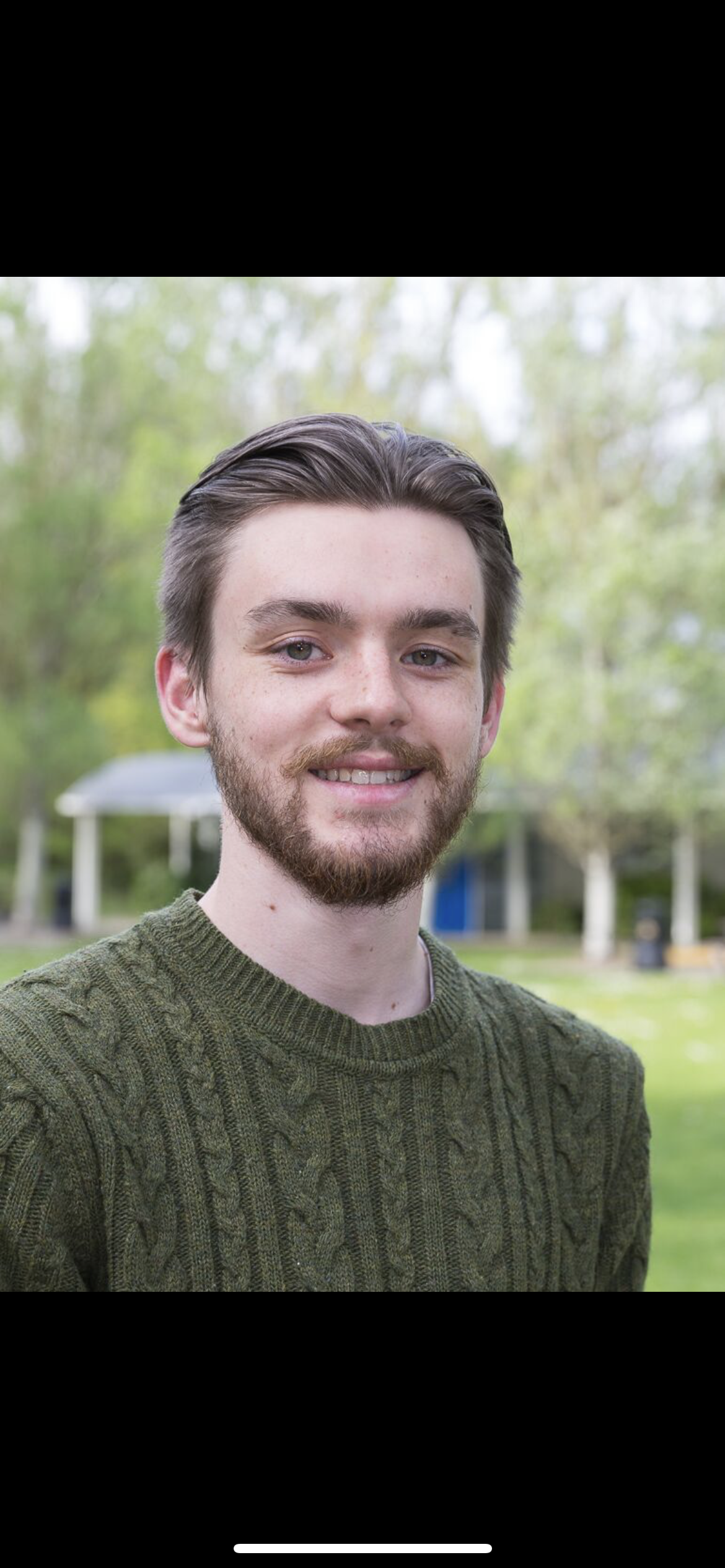Reading notes
- fhodkin

- Mar 3, 2022
- 3 min read
We’re taught as children that it’s wrong to write or draw in books, aside from colouring/activity books or filling in that little ‘this book belongs to…’ field. As musicians though, we are not only permitted but encouraged to annotate performance/analysis scores or write our section/initials on our choir parts (‘not in pen, these are rented, y’know!’).
A few years ago, I was either gifted or bought a second (at least) hand book, The Great Animal Orchestra by Bernie Krause. It’s a great book about ‘finding the origins of music in the world’s wild places’, right up my alley, as you’ll know looking at my other blogs, with its combination of subjects. Within the front matter, there is a handwritten (in pen) note:
Graham,
I wanted to get you something
musical- but not something you
already know about, as you clearly
know a lot! I hope you find this is both
different and interesting!
Thank you for the last 10 years of
Wonderful teaching,
Rob. ♫
This little note encapsulates so much; it sounds like the two parties are a long-term pupil/teacher combo, perhaps one to one instrumental lessons. With just these few words, many of us can imagine back to our early musical education: the little spaces in schools or houses, side rooms that your friends who didn’t have music lessons never experienced, oases where you could go and (assuming a good teacher like my book’s original recipient clearly was) enjoy doing what you loved and were good at as a little break from classes or from life generally. We can think back to a different time in our lives when those lessons had associated paraphernalia and routines, perhaps now consigned to memory only or perhaps a small box or bag in a cupboard somewhere; the nervous energy of going to locations with similar vibes to the little school practice rooms for music exams- test centres, village halls, weird Dragon’s Den style industrial rooms attached to churches, etc.
Since acquiring that book, I’ve come into 2 more that have their own similar stories to tell. In the charity book hut at a country house in Cornwall I bought How to be a bad birdwatcher by Simon Barnes. Inside was a post-it note (cleverly getting around the cardinal sin of actually writing in a book, but close enough), with the following message from, by the look of things, an anthropomorphised cat (with incidentally the same name as my late family cat. Late cat that is, not family), who may or may not have had help writing it:
To Mum,
I know that I
Can be a pain at
times but this is to
say thank you for
rescuing me and
making me a very
happy Alfie
The second, picked up at a charity shop in Bodmin, entitled WHAT WE NEED TO DO NOW For a Zero Carbon Futureby Chris Goodall, had a letter (so yes, not actually written in the book, which seemed to be important at the beginning of this, but still, you get the idea) folded inside, which is too long to copy out here but is basically from the organisers of a capital management company’s book club to Peter, an ‘investor/other friend’ of the company, notifying him that the activities will now be going online due to the pandemic and sorry that the conference couldn’t go ahead.
So what’s the point of all this? Well, firstly it’s just cool to get these snippets of human interaction between people you don’t know and to have a whole world of associations and memories and lives of people you’ll never meet suggested into vague existence, a feeling that the brilliant Dictionary of Obscure Sorrows coins ‘sonder’. Secondly, because I think it speaks of something worthwhile about music and books and nature (the latter being the coincidental common broad subject of all three publications). When people have shared experiences, whether that’s music lessons, a pet, or business, it can be easy to just let those things be or happen or pass. Sometimes however, it can be satisfying for both parties to give or receive something to acknowledge the times spend together, to continue an interest in a subject when it’s over and to link whatever it is to something universal: the natural world.
As Peter’s book tells us, this is something that’s in trouble right now and I believe that it can be the things shown in these notes that help, or at least help us cope with it: books, music, family and friendship.






Comments